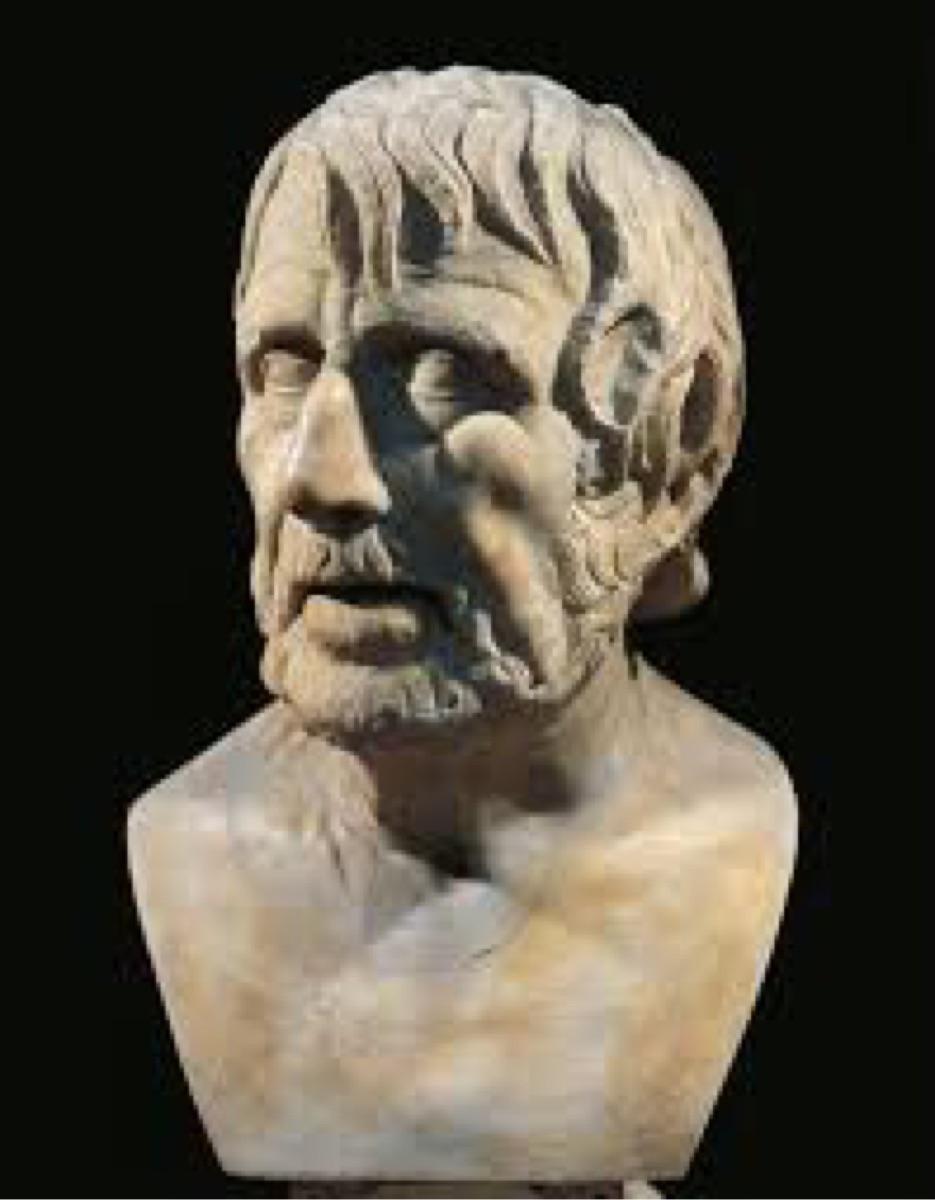The Metaphor of the Stoic Archer: We Must Do All That We Can; And That Is All We Can Do
Curated from: psychologytoday.com
Ideas, facts & insights covering these topics:
7 ideas
·753 reads
11
Explore the World's Best Ideas
Join today and uncover 100+ curated journeys from 50+ topics. Unlock access to our mobile app with extensive features.
On The Ends Of Good And Evil
The metaphor of the archer features in Cicero’s De Finibus Bonorum Et Malorum (On the Ends of Good and Evil), a Socratic dialogue dedicated to Brutus, murderer of Caesar, in which Cicero, through a number of mouthpieces, expounds and critiques the central tenets of the three main philosophies of his day: Stoicism, Epicureanism, and a version of Platonism.
Cicero puts the metaphor of the Stoic archer in the mouth of his contemporary and ally, the Stoic statesman Cato the Younger (although it is, in fact, older than both of these men).
17
174 reads
The Metaphor Of The Archer
“Take the case of one whose task it is to shoot a spear or arrow straight at some target. One’s ultimate aim is to do all in one’s power to shoot straight, and the same applies with our ultimate goal. In this kind of example, it is to shoot straight that one must do all one can; none the less, it is to do all one can to accomplish the task that is really the ultimate aim. It is just the same with what we call the supreme good in life. To actually hit the target is, as we say, to be selected but not sought. (On the Ends of Good and Evil, III, 22)
18
119 reads
The Arrow, The Archer And The “Externals”
The metaphor of the archer encapsulates the essence of Stoic action. The archer does everything he can to shoot accurately: his bow is well strung, his arrows are carefully calibrated, and he has taken full account of the prevailing wind and other variables.
Even so, the arrow may not hit the bullseye, or even the target. As soon as it leaves him, the arrow, and with it the success of his action, is no longer within the control of the archer, but subject to outside forces such as a sudden change in wind speed or direction.
18
89 reads
Correctness And Success Or, Intention And Outcome
Similarly, having decided upon the optimal course of action, the good Stoic carries it out to the best of his/ her ability. But whether the enterprise is ultimately successful is subject to unpredictable and uncontrollable external factors (or “externals,” as the Stoics called them). Thus, the good Stoic bases her self-worth and happiness not on the success of her actions, but on their correctness.
19
97 reads
The wise person considers intention, rather than outcome, in every situation. The beginnings are in our power; the results are judged by fortune, to which I grant no jurisdiction over myself… Death at the hands of a robber is not a condemnation.
SENECA
21
94 reads
Outcome Does Not Reflect Intention
Chance, says Seneca, has a great deal of power in our lives, “necessarily so, since it is by chance that we are alive.” When it comes to things over which we do not have complete control, we should play our part, we should do our best, like the Stoic archer, but we should not fret over the outcome—which, if we have done our best, is no reflection on us.
21
90 reads
We Should Seek To Control What’s Within Our Control
Thus, we should seek to be loveable, not to be loved, because the one is within our control whereas the other is not. Or, we should seek to write well, not to become a bestselling author, because the one is within our control whereas the other is not.
So long as we focus on the things that are within our control, we will be calm and happy. But if we start concerning ourselves with things that are outside our control, we will become anxious and angry and miserable, and all on false grounds.
20
90 reads
IDEAS CURATED BY
CURATOR'S NOTE
An archer can shoot as accurately as possible and still miss his or her target. But this is no reflection on the archer. This is not quite saying that we must do our best, but that our best is the most that we can do—and is therefore all we need concern ourselves with.
“
Xarikleia 's ideas are part of this journey:
Learn more about philosophy with this collection
How to close the deal
How to handle objections
How to present your value to your employer
Related collections
Similar ideas
Read & Learn
20x Faster
without
deepstash
with
deepstash
with
deepstash
Personalized microlearning
—
100+ Learning Journeys
—
Access to 200,000+ ideas
—
Access to the mobile app
—
Unlimited idea saving
—
—
Unlimited history
—
—
Unlimited listening to ideas
—
—
Downloading & offline access
—
—
Supercharge your mind with one idea per day
Enter your email and spend 1 minute every day to learn something new.
I agree to receive email updates

